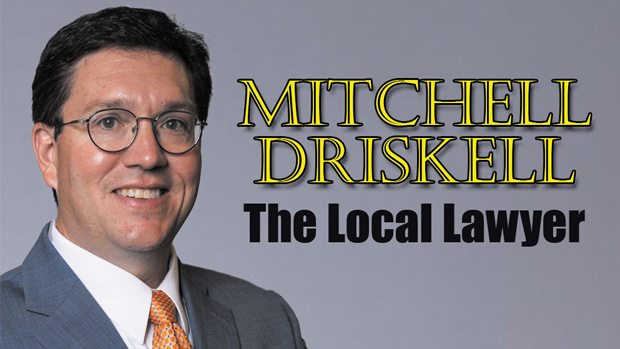

For Space Law You Need Space Lawyers
You never knew you needed to know international airspace law for random current events conversations.
The Chinese Spy Balloons observed over the United States and Latin America raised questions regarding the law of airspace and outer space. “Air law” governs the territorial airspace and national sovereignty in each nation’s airspace, but “Space law” governs the law of outer space.
I bet you did not know that Ole Miss Law School has a Space Law program. Well, it does, and maybe I should have been a space lawyer instead of the lawyer widely recognized as the second or third best lawyer in Oxford. But I digress.
Under international law, the airspace above a national territory (including its territorial waters) belongs to the national government controlling the territory but does not include “outer space.” But this “air law” sharply contrasts with the law governing outer space. In contrast to airspace, national sovereignty over outer space is prohibited—you cannot control what flies over your country in outer space.
Space law does have some rules imposed by international treaties, but I am no space lawyer. The important issue is where does airspace end and outer space begin. There is no clear demarcation point, earth’s atmosphere justs gets thinner and thinner until it is outer space, and nerds have debated for decades as to where airspace ends and outer space begins.
The most commonly-used standard is the von Kármán line, which is at 330,000 feet, where the atmosphere is considered to be insufficient to provide adequate lift for conventional aircraft flight. To be at or above the von Kármán line, the flying object must be a spaceship, not an airplane, thus, the reasoning goes, anything above that line is in outer space, not airspace.
Regardless, the Chinese Spy Balloon over America was at about 60,000 feet, which is clearly in airspace, not outer space, an altitude subject to the complete and exclusive sovereignty of the United States. And I bet some space lawyer got paid a fortune to give the President a legal opinion that shooting down the balloon was legal. Passing up the Ole Miss Space Law Program was a mistake.

Lord of the Wings
A food service director for a Chicago area school district has been charged with stealing $1.5 million worth of chicken wings. More than 11,000 cases of chicken wings were ordered from the district’s food provider and then picked up in a district cargo van, according to court documents.
But those delicious avian appendages did not make it to hungry Chicago kids. Prosecutors say that none of the chicken wings were taken to the school district or provided to students. The suspect, Vera Liddell, 66, is being held at the Cook County Jail on a $150,000 bond. She’s a jail bird now.

Super Law for the Super Bowl
The Playmaker, Michael Irvin, was accused of some type of “misconduct” by a female hotel employee in Arizona the Sunday before the Super Bowl, and the NFL Network quickly removed him from its week long Super Bowl coverage.
Four days later, Irvin filed a $100,000,000 lawsuit against Marriott and the employee, accusing the hotel’s management and its employees of making him the victim of “cancel culture,” and alleged he’s being “railroaded” with false accusations. Irvin says he had a “45-second conversation” with the woman, whom he shook hands with, in the lobby of the hotel with “absolutely no sexual wrongdoing.”
The lawsuit states that when Irvin and his team became aware of the allegations, they attempted to provide witness accounts to the hotel to rectify the situation, to which they alleged the hotel staff refused to listen. The lawsuit says that Marriott (which I learned this week is pronounced so it rhymes with chariot instead of the way it is commonly pronounced) inaccurately and inflammatorily accused Irvin of misconduct to the NFL. Interesting legal situation where an employer is possibly on the hook for having its employee’s back. Damned if you do, damned if you don’t.
The City of Phoenix is being sued because it has banned signs on private property that are not approved by the NFL. “The city of Phoenix is letting the NFL decide what I can and cannot say on my own property.” said Bramley Paulin, the owner of two properties affected by the law.
Paulin filed a lawsuit against the city claiming those restrictions have cost him advertising business and violate his free speech rights. Bramley has a very good lawsuit. Laws that tell people what they can say before they even say it are called “prior restraint” laws. The law at issue has no guidelines, no criteria for what signs can be hung, only that the NFL decides. The law is a “blanket prior restraint” law which is almost never constitutional. Now the City could say, “No Signs,” but they cannot say “No Signs except for the ones the NFL allows you to have.”
Mitchell Driskell practices law with the Tannehill Carmean firm and has been an Oxford lawyer for twenty-two years. You can call him at 662.236.9996 and email him at mitchell@tannehillcarmean.com. He practices criminal law, civil law, and family law.



